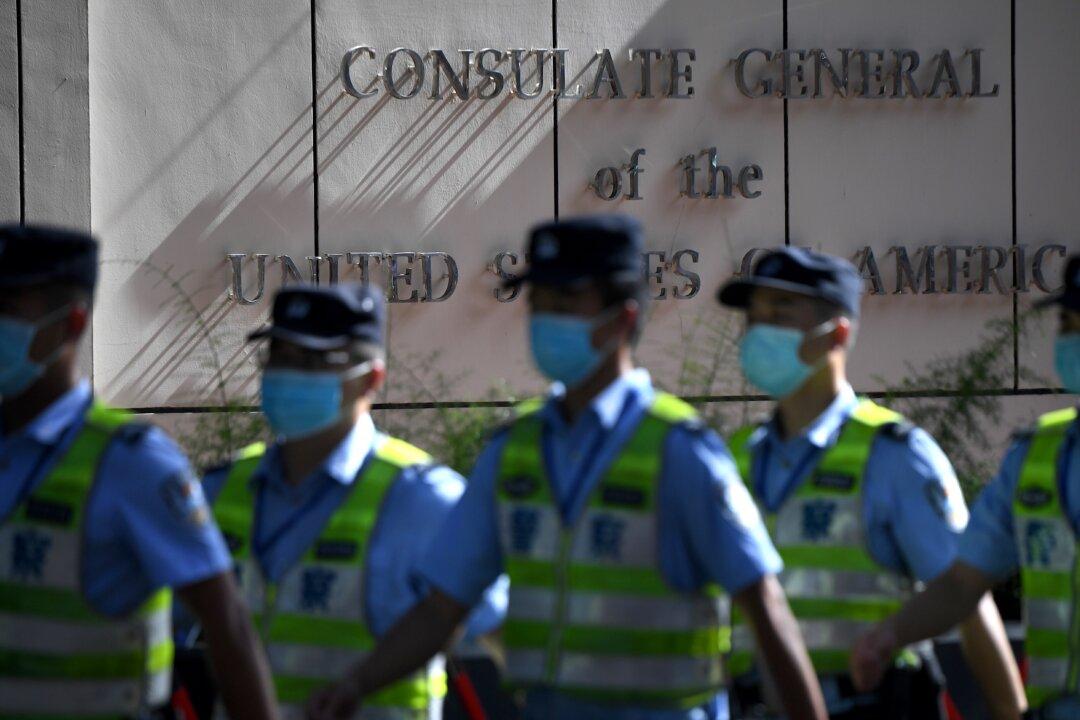Chinese authorities see U.S. Consulates as “hostile forces” that conduct “infiltration and sabotage” activities on Chinese soil and have ordered officials to monitor key U.S. diplomats, according to a leaked document obtained by The Epoch Times.
At a time when bilateral relations hit a historical low, the document from Leizhou city of China’s southeastern Guangdong Province offers a rare glimpse into how the Chinese regime deals with American diplomats.





